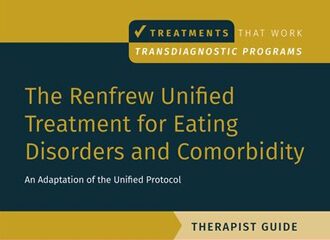Written By: Sydni Ellis
Published by: Huffpost

The purported benefits of intermittent fasting are numerous: It can curb late-night eating, reduce inflammation, lower your risk of chronic diseases like diabetes and cardiovascular disease, improve gut health and, of course, lead to weight loss.
But for folks who may be affected by disordered eating, intermittent fasting could lead down a slippery slope.
An estimated 9% of the U.S. — or about 28.8 million people — will have an eating disorder in their lifetimes. While eating disorders like anorexia nervosa and bulimia must meet specific diagnostic criteria outlined in the Diagnostic and Statistical Manual of Mental Disorders, disordered eating can apply to anyone with body image issues, dieting and/or psychological distress around food. People with disordered eating behaviors might hide in plain sight behind popular diets and wellness trends like intermittent fasting, which provides the perfect cover for restrictive eating.
It’s A Socially Acceptable Disguise
Most people would be concerned to hear a friend say they were starving themselves, but no one bats an eye with intermittent fasting.
“Intermittent fasting can sometimes serve as a socially acceptable disguise for disordered eating behaviors,” said registered dietitian nutritionist Becky Mehr, director of outpatient nutrition at The Renfrew Center, a network of eating disorder treatment facilities.
“While it is often marketed as a tool for weight loss, improving metabolic health or simplifying eating patterns, it can become problematic — especially for those with a history of eating disorders,” she said.
Mehr explained that because scheduled fasting requires skipping meals and ignoring hunger cues, it’ll hide your disordered eating without raising concern. In fact, it could promote the opposite: praise for weight loss or “perceived discipline” that could reinforce harmful behaviors.
Mehr adds, “Our bodies are not machines or calculators — they don’t thrive on rigid calorie restrictions or time-bound nourishment.”



